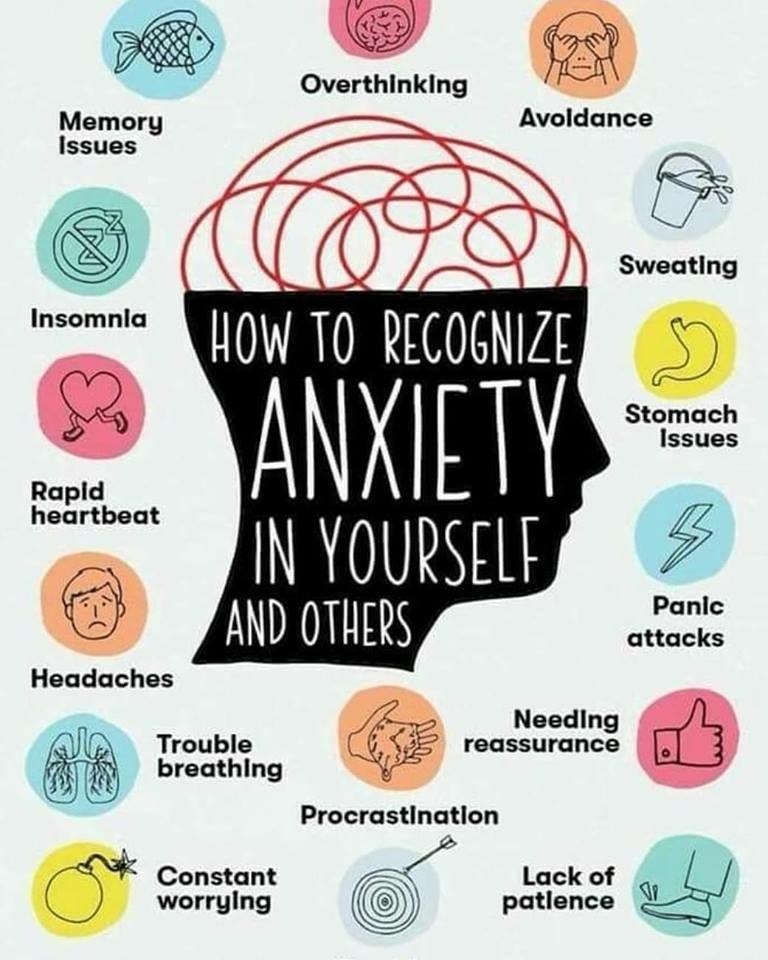Concussion Awareness Education
Why is Concussion Awareness important?
Most individuals will be able to recover and resume their normal activities following a concussion if they receive proper care. One of the biggest dangers associated with a concussion is Second Impact Syndrome (SIS) which is rare but potentially fatal. SIS causes rapid and severe swelling of the brain and can occur if a person sustains a second concussion before their first one has properly healed.
Removing an athlete from play if there is any suspicion of concussion is the number one priority. It can also be extremely valuable to collect key symptom information from the athlete and pass that along to a medical professional to assist in their assessment.
Parents can play a huge role with a child that has a suspected concussion by being aware of the signs and symptoms and making sure their child receives the proper care if a concussion has occurred.
Return To School
It’s important to help and support students who are returning to school following a concussion. Cognitive difficulties, such as learning new materials or remembering a previously learned curriculum may be challenging. Depending on the type of symptoms that the student is managing, various accommodations may be requested, such as modifications to their schedule, reduced cognitive loading, extra support or extended learning times. Developing the appropriate return to learn plan should be done in collaboration with the athlete, the family, the teachers and your medical professional.
Return To Play
The recovery process following a concussion and the eventual return to sport decision should follow a graduated rehabilitation strategy. This strategy continues to evolve to stay up-to-date with the latest research. All athletes should be managed by the same standards with no special allowances given for their athletic ability or the needs of the team.
After an initial rest period of 24-48 hours, the athlete can begin symptom-limited activity. The athlete should be monitored by a healthcare professional and only advance to the next step when they are free of concussion-related symptoms.
What is a concussion?
A concussion is a mild traumatic brain injury that can occur after an impact that causes the head and brain to move quickly back and forth. These impacts can either be bumps or blows to head, whiplash type injuries or hits to the body. A concussion can often occur without a loss of consciousness, in fact in a recent study 90% of individuals with concussion did not lose consciousness. They can result in a temporary disruption of normal brain function and affect your memory, judgment, reflexes, speech, balance and coordination. Even though a single concussion can be described as a mild brain injury, a second concussion soon after the first one can have devastating effects.
What are the signs & symptoms?
The signs and symptoms of a concussion will vary from person-to-person and may not show up for hours, days or weeks. These signs are important to look for, but a person may also simply report that they do not feel well after suffering a concussion . Observe the athlete suspected of being concussed for any of the following signs or symptoms.
Physical Issues :
- Loss of consciousness Dazed look
- Headache
- Pressure in the head Dizziness
- Blurred or double vision Nausea or vomiting Drowsiness
- Balance problems Noise or light sensitivity Slower reaction times
- Sleeping pattern changes (more or less)
- Insomnia
- Feeling of “zapping” in the head or tingling
Behavioral Changes
- Not feeling well Acting differently Depression Sadness Irritability Nervousness Drowsiness
- Less social
- Decreased interest in activities Involuntary/uncontrollably outbursts
Memory Problems
- Amnesia
- Difficulty remembering Difficulty concentrating Feeling “foggy”
- Slow to answer questions
For more information: headcheckhealth.com info@headcheckhealth.com 604-737-0053

Head Check Health‘”

